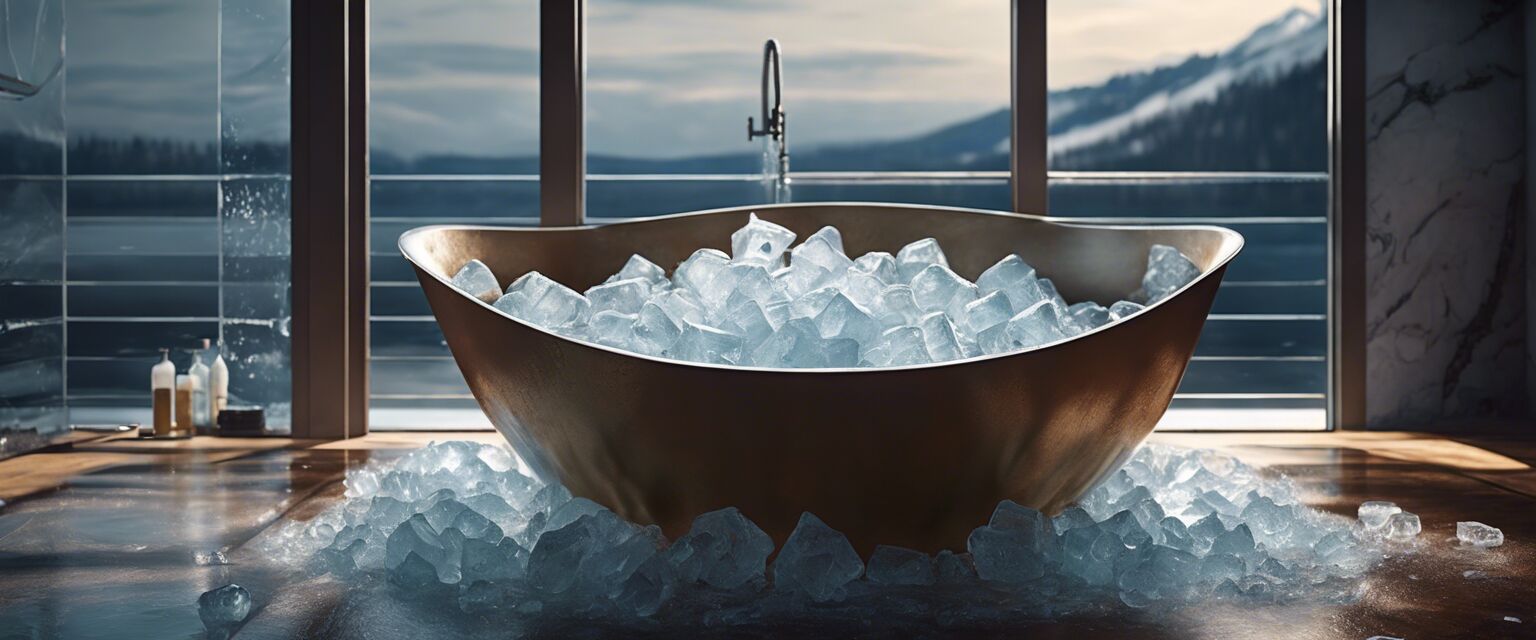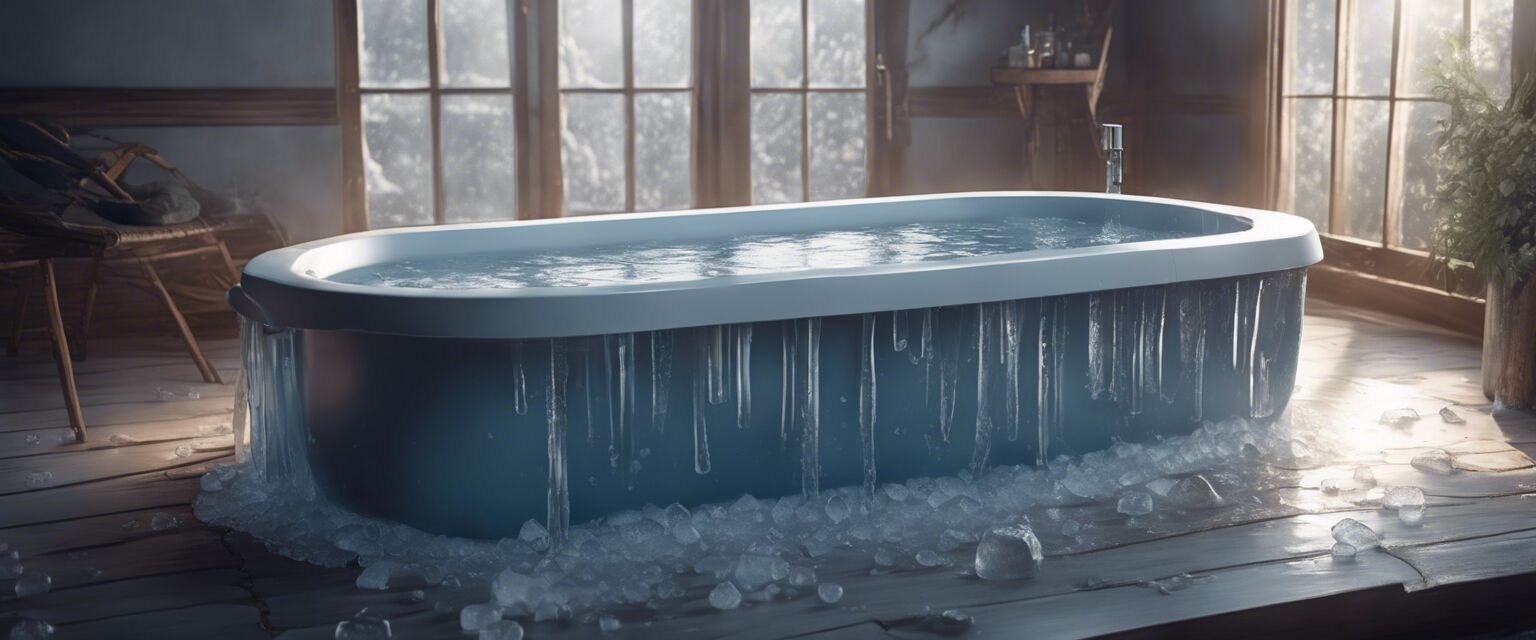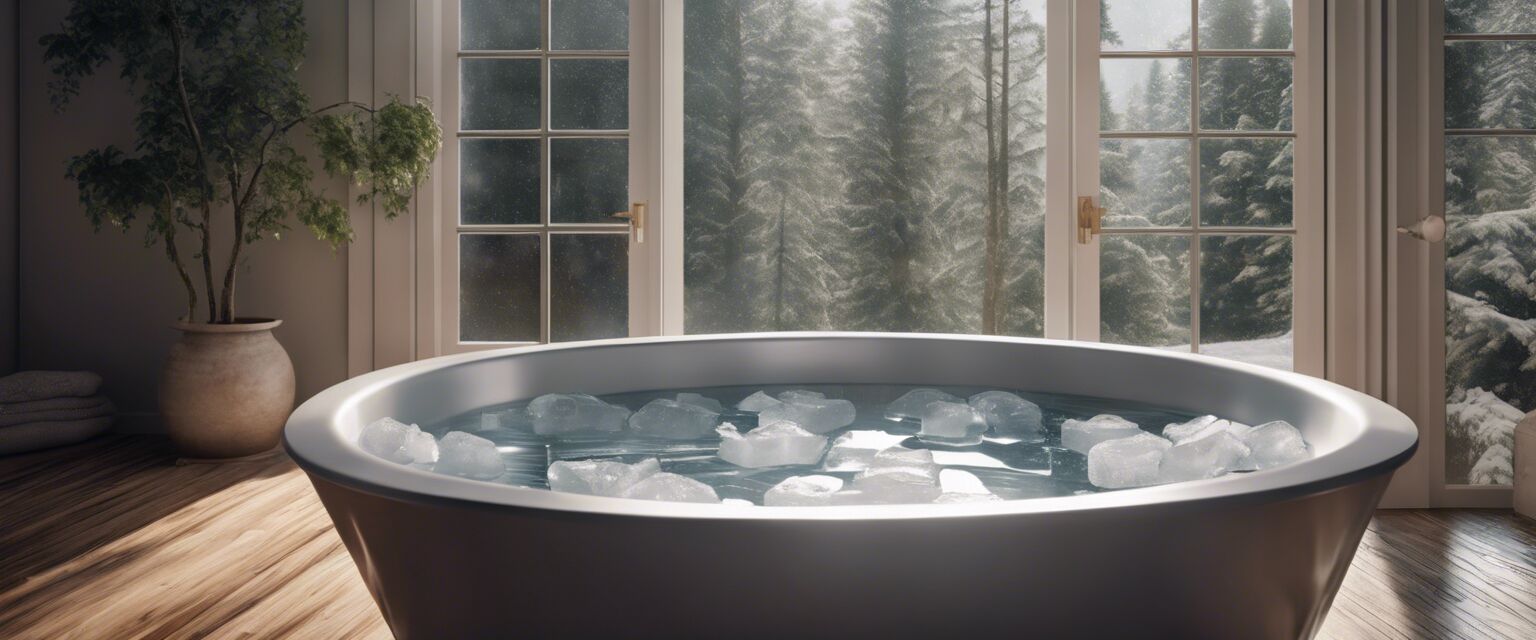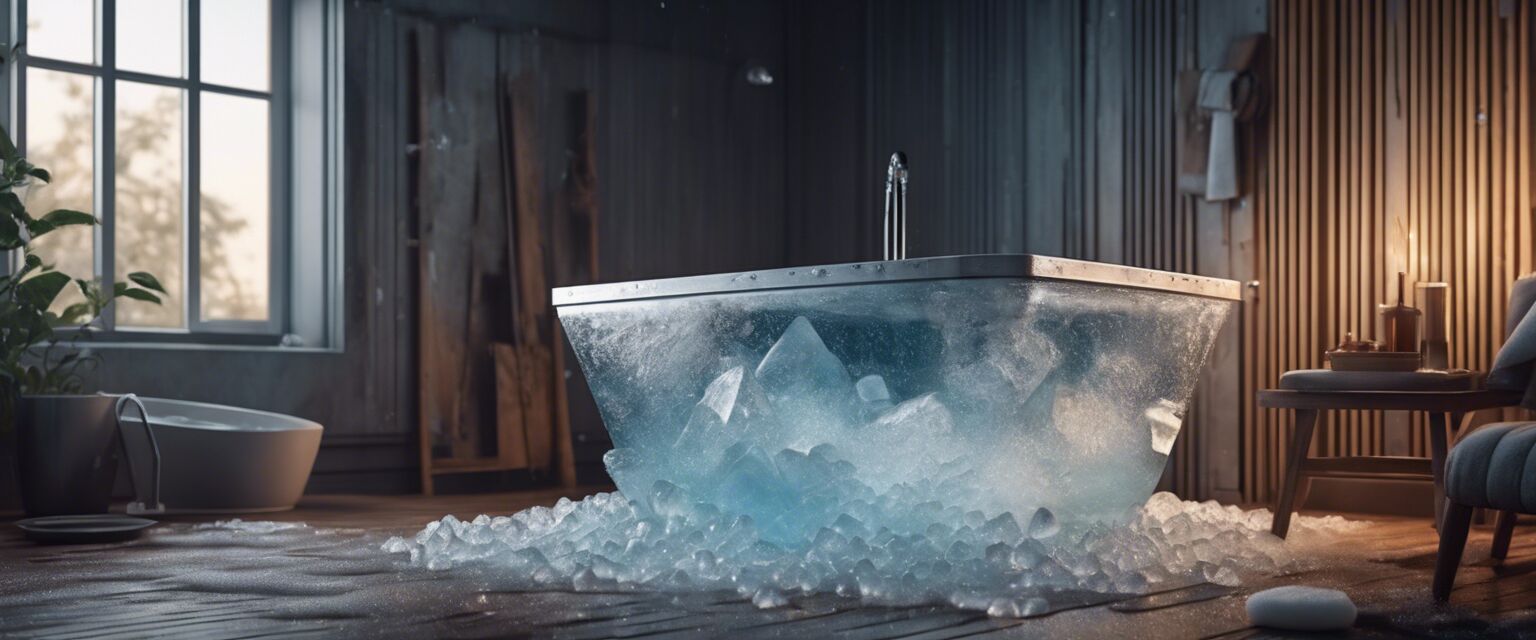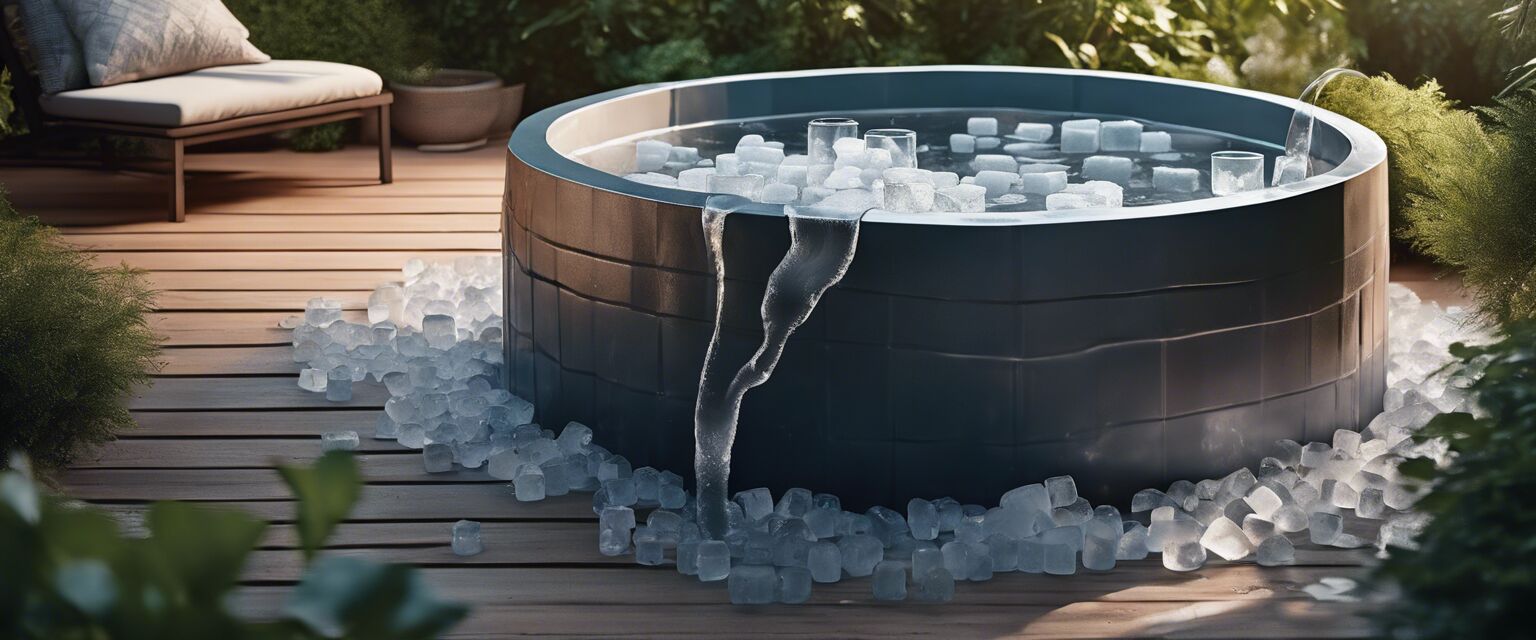
Temperature Control Techniques
Maintaining the right temperature in your ice bath is crucial for maximizing recovery and achieving your wellness goals. This guide will explore various methods and tools you can use to accurately control and maintain the desired temperature in your ice bath.
Key Takeaways
- Understanding your desired temperature range is essential.
- Utilizing thermostats and temperature probes can improve accuracy.
- Regular monitoring and adjustments are necessary for optimal results.
- Effective methods include ice, cooling systems, and insulation strategies.
- Familiarize yourself with local climate conditions to plan your ice bath sessions.
Introduction to Temperature Control
Temperature control in your ice bath is vital for ensuring the effectiveness of your recovery routine. Whether you're a weekend warrior or a dedicated athlete, understanding the principles of temperature management can help you enhance your after-workout recovery. This article will provide you with practical techniques and solutions for maintaining your ideal ice bath temperature.
Understanding Desired Temperatures
The optimal temperature range for an ice bath is typically between 50°F to 59°F (10°C to 15°C). Different individuals may have varying preferences, so finding what works best for you might require some experimentation.
| Temperature (°F) | Purpose |
|---|---|
| 50°F | Peak recovery |
| 55°F | General relaxation |
| 59°F | Light refreshment |
Techniques for Temperature Control
1. Using Ice for Cooling
The traditional method involves filling your bath with ice. It is essential to ensure you have enough ice on hand to sustain the temperature. Here are some tips:
- Purchase bulk ice from local suppliers.
- Use large ice blocks for slower melting.
- Consider filling your bathtub with water and ice to improve thermal mass.
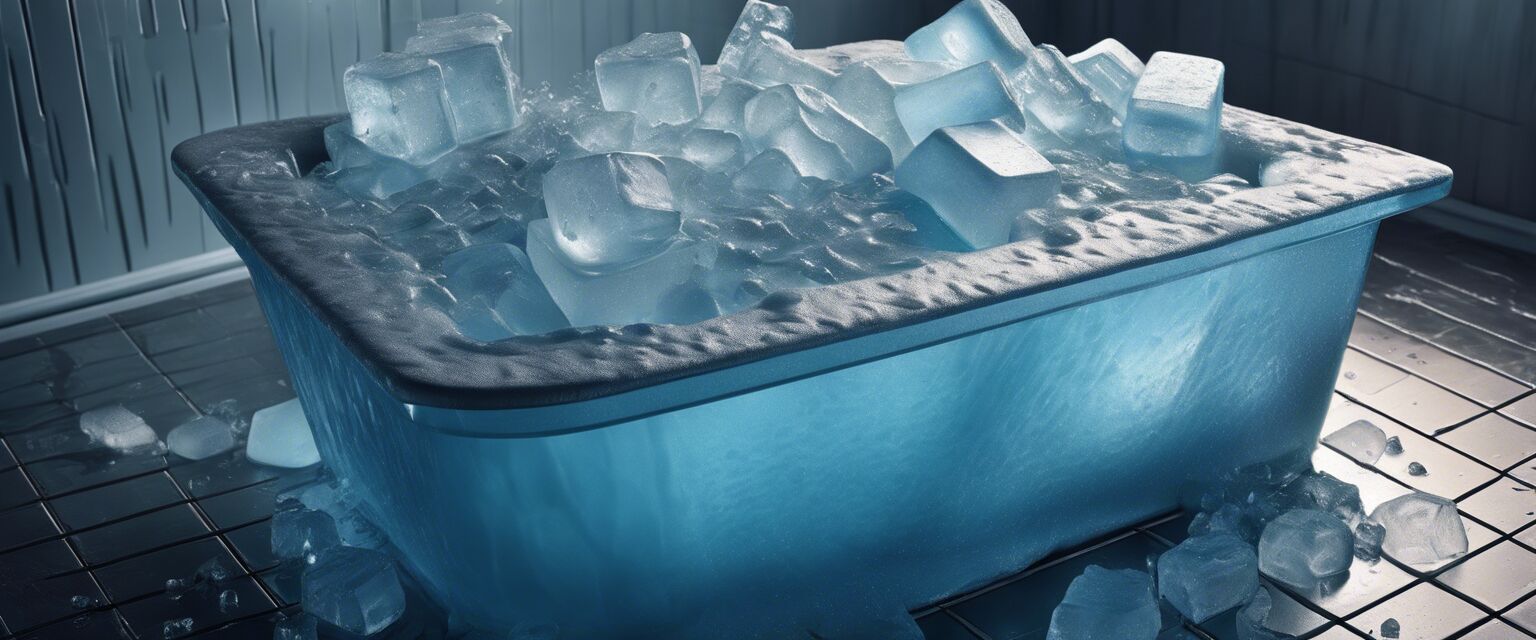
2. Utilizing Thermostats and Probes
Having a reliable thermostat and temperature probe is crucial for accurate monitoring. Here's how to set it up:
- Choose a quality thermometer designed for water.
- Place the thermometer at the center of the bath for accurate readings.
- Adjust the cooling method based on the thermometer readings.
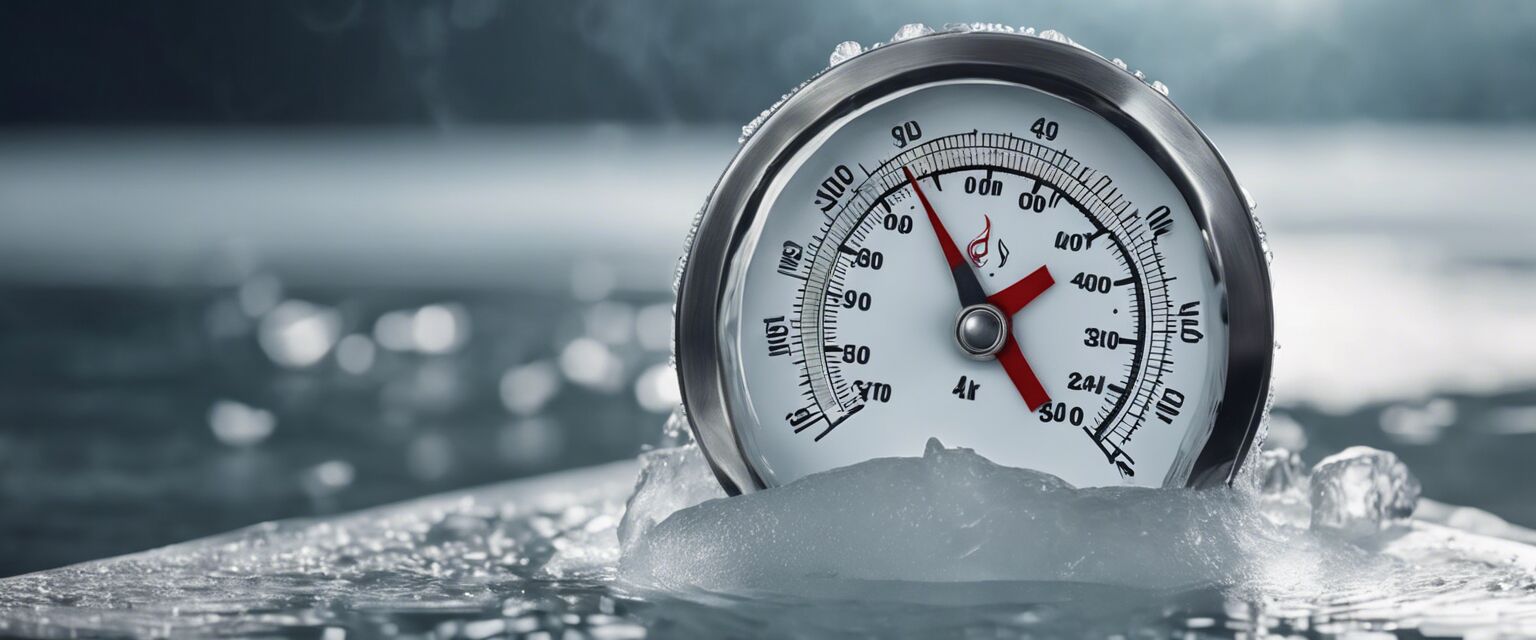
3. Cooling Systems
A more advanced method would include using a dedicated cooling system. These systems can maintain the temperature without the need for constant ice replenishment:
- Consider a portable chill unit for outdoor environments.
- Look into cooling coils that can be placed in your bath water.
- Choose systems with programmable temperature settings.
4. Insulation Techniques
Insulating your ice bath helps maintain the desired temperature more effectively:
- Use insulating covers for your bath when not in use.
- Wrap sides of the bath in reflective insulation material.
- Do not place your bath in direct sunlight to reduce heat gain.
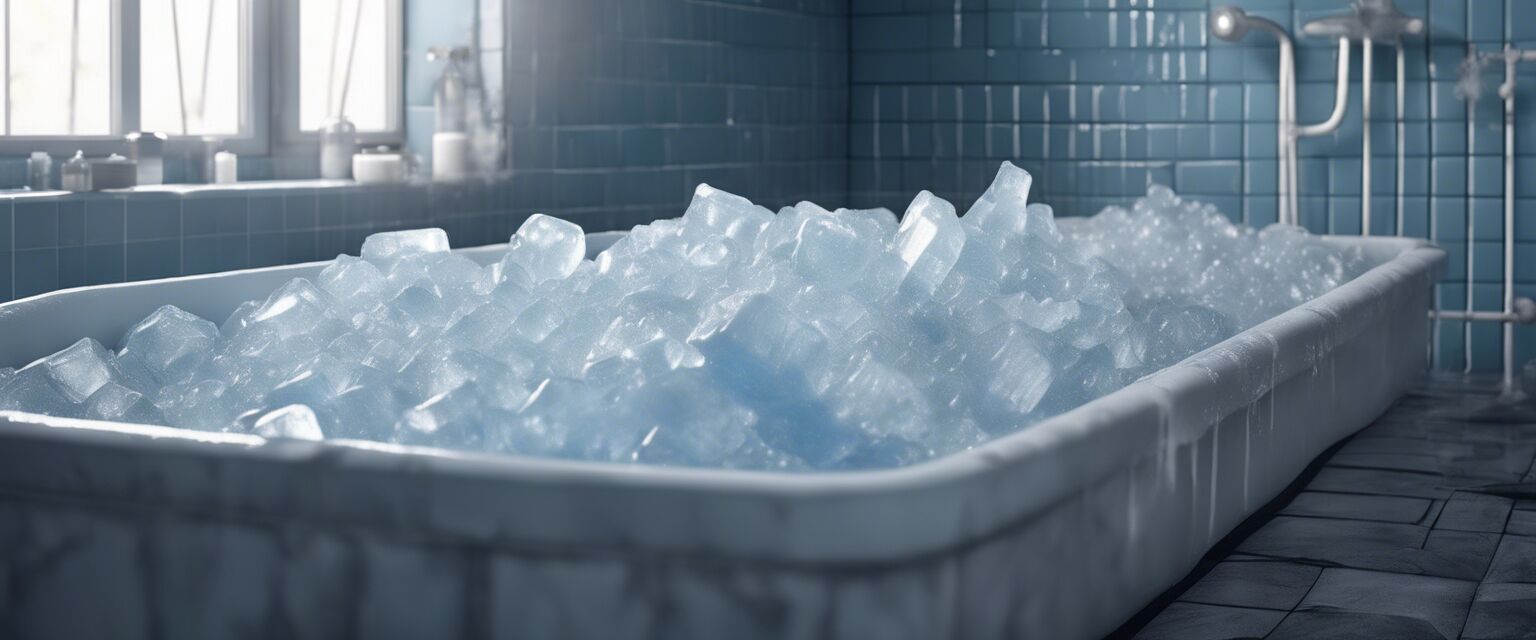
5. Monitoring Local Weather Conditions
Be aware of local weather conditions, as they can affect your ice bath:
- Consider temperature fluctuations in your area.
- Adjust your ice purchasing and cooling method accordingly.
- Plan recovery times based on ambient conditions.
Maintaining Consistent Temperatures
Once you have your setup, it's essential to monitor and maintain temperatures consistently. Here are some strategies:
- Check the temperature periodically using your thermometer.
- Add ice as needed to keep the temperature within your desired range.
- If using a cooling system, ensure it's functioning correctly and adjust settings when necessary.
Conclusion
Accurate temperature control in your ice bath is integral to your recovery process. With the right techniques and tools, you can ensure that your ice bath experience is both effective and enjoyable. Explore our thermometers and temperature control equipment and check out our other guides on cold therapy gear for a complete setup.
Pros
- Provides effective recovery for muscles
- Controlled temperatures enhance the experience
- Multiple techniques allow customization
Cons
- Initial setup costs can be high
- Requires regular maintenance and monitoring
- Ice availability may vary by location

